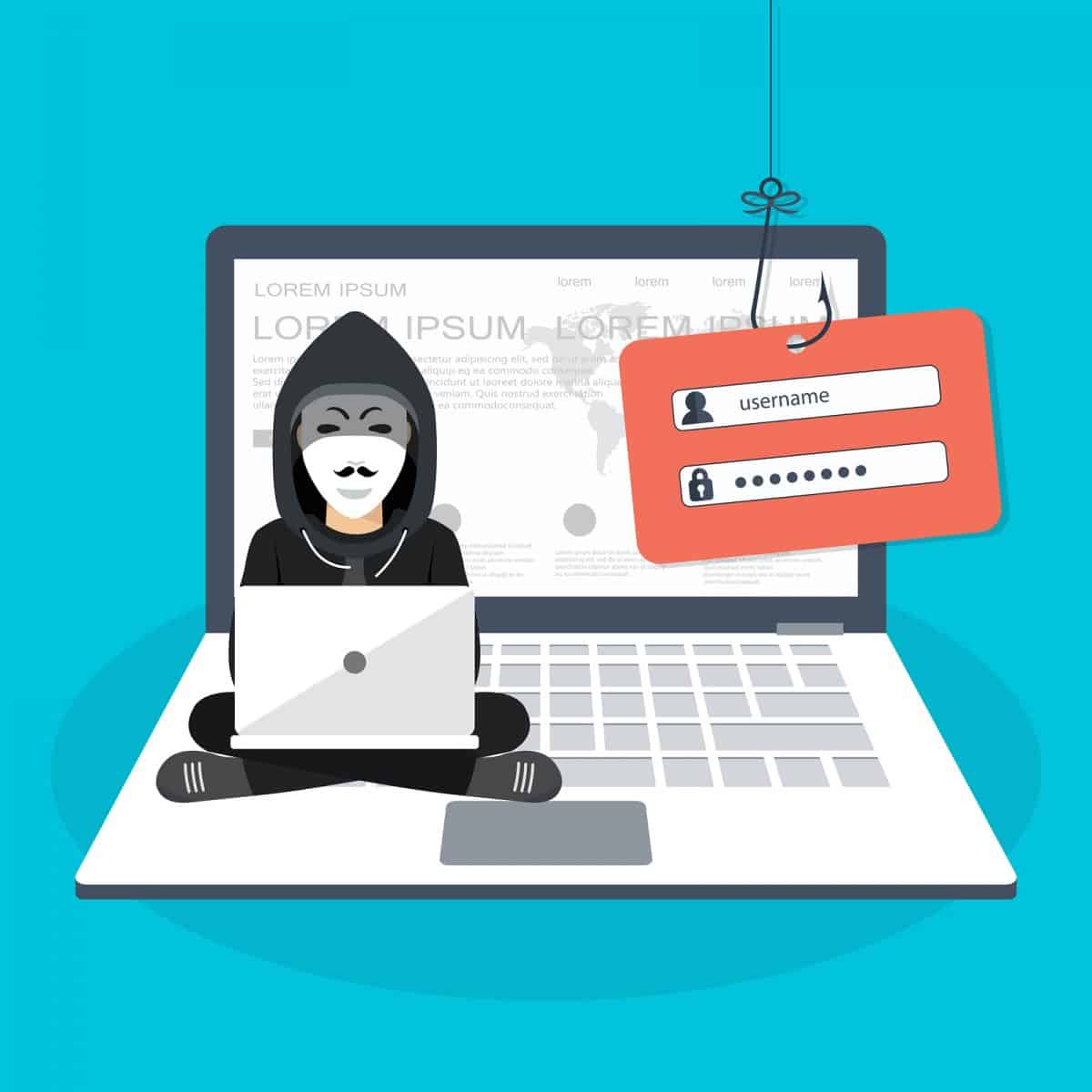Top 3 pro tips on avoiding becoming a victim of cyber-crime. Unless you fall victim to a critical, life-altering cybercrime event, the seriousness of such a thing is difficult to fathom.
Survivors of violent crimes commonly say things like, “I’ve seen things like this happen to people on television, but I never imagined it would happen to me.” Everyone at some level or another thinks they are unique and, thus, assume it will not happen to them.
If you feel the same way, then remember that naivety starts with assumptions and assumptions lead to mistakes.

Best Tips on Avoiding Becoming a Victim of Cyber-crime
The tips listed in this article only work for those willing to change how they view cyberspace and adjust their habits accordingly.
And to accomplish those two things you must know and comprehend this: it can and will happen to you eventually—when your luck runs out.
Nevertheless, if you know just enough about how not to get hacked, you can increase your chances of avoiding becoming the next victim.
Why Operating in Cyberspace Is So Dangerous: Know the Statistics
Take it from the leaders in the cybersecurity industry: most cybercriminals target individuals and small businesses, according to an article published earlier this year by Forbes.
Why would cybercriminals waste their time on small targets and not focus on bigger fish? Cybercriminals are good at what they do; they know bigger fish like financial institutions, insurance companies, and currency exchanges focus big time on cybersecurity.
Unless the attacker is more advanced than the IT team they go up against, those working in the cybersecurity industry are for the most part one step ahead of their black-hatted nemeses.
Here are some quick cybersecurity statistics to give you an idea of how serious of a threat cybercrime is.
Out of all cyber-attacks globally, 43 percent of those attacks target small business ninety-one percent of cyber-attacks begin with phishing emailsThirty-eight percent of phishing attacks are disguised as Microsoft Office or Word attachments (while others can be PDF files or photos).
In 2016, cybercriminals successfully exploited the debit and credit cards of around 48 percent of Americans by 2021, cybercrime is estimated to cost $6 trillion globally many cyber crimes take months to successfully pull off, with most security breaches discovered six months after the fact.

So, how do you avoiding becoming a victim of cyber-crime
1. Keep Your Smartphone’s Operating System (OS) and Applications Updated
People who always complain about having to update their smartphone’s operating system (OS) and applications as much as they do have little to no understanding of how the technology works.
Other than functionality and aesthetic improvements, developers must continuously keep their eyes open for vulnerabilities and pesky bugs in the code that allow attackers a way in.
Simply take a look at the update histories of a few of your apps; you are likely to find more “bug fixes” and “system improvements” than updates just for cosmetic reasons.
2. Never Download and Install APKs From Your Browser
Hackers love when smartphone owners neglect important updates. However, poorly designed apps or apps built by unscrupulous developers pose serious security threats to naive smartphone users.
For this reason, unless you know exactly what you are doing, it is a very bad idea to download Android application packages (APKs) from your browser rather than from iTunes or Google Play.
Apple and Google have invested billions of dollars in security over the years and, while not perfect, both companies offer guarantees to their customers that any apps downloaded from their stores are safe.
This is why rooting (Android) and jailBreaking (iOS) voids the warranty on your device. Additionally, downloading unverified APKs from “unknown” sources increase the possibility of a voided warranty, especially if it was the APK that broke your phone.
3. Learn How To Recognize Phishing Emails
You might be thinking to yourself: Hackers are still using that old, tired trick?
Remember that hackers are masters of their trade. Hacking is not only about writing code and building trojan software.
Hacking is mostly about social engineering and less about brute force attacks, as seen in suspense-thrillers like Swordfish (which is a truly ridiculous film for anyone who knows better).
To further bring this home, a 2014 article published on lifehacker.com pointed out how a growing number of security breaches are more about social engineering tactics and less about bad passwords.
And this is why phishing emails still work like a charm today—though everyone swears they cannot be fooled by a fake email.

Top 3 Pro Tips on Avoiding Becoming a Victim of Cyber-crime
Some of the ways to recognize a phishing email include:
The email is written using outdated or exaggerated English. This is because international cybercrime organizations prefer to employ cheap labor in countries such as Sudan, Kenya, Nigeria, Malaysia, India, and Pakistan.
The “business” email was sent from a generic email domain such as gmail.com, yahoo.com, or rocketmail.com (my personal favorite when I need a good laugh).
Genuine business emails look something like [email protected] email contains suspect links or attachments.
Called a “payload,” all phishing emails are designed to fool the recipient into clicking an attachment or link so malicious software is clandestinely installed on your computer or smartphone.
The author attempted (poorly in most cases) to create a feeling of immediate urgency in you—a perfect example of social engineering at work.
Fortunately, these amateurs are several decades outdated in their English skills and still use worn-out social engineering tactics.
Pro Tips on Avoiding Becoming a Victim of Cyber-crime
However, one should note that hackers from other parts of the world are not to be taken lightly—how the Russians influenced millions of American voters by way of social engineering is a perfect example.
The potential attacker deliberately misspelled the domain name. This tactic is meant to take advantage of our natural inclination to overlook small details and accept things at face value.
Top 3 Pro Tips on Avoiding Becoming a Victim of Cyber-crime
For example, an attacker may try to be more sophisticated than the ones mentioned above by purchasing a website domain closely resembling an official website domain. The domain might read “foxrnedia.com.”
What you did not notice right away is that the domain is spelled “r – n – e – d – i – a,” turning the r and the n into a sneaky pretend m.
Read more – How to Get the Protection against Bank Fraud








